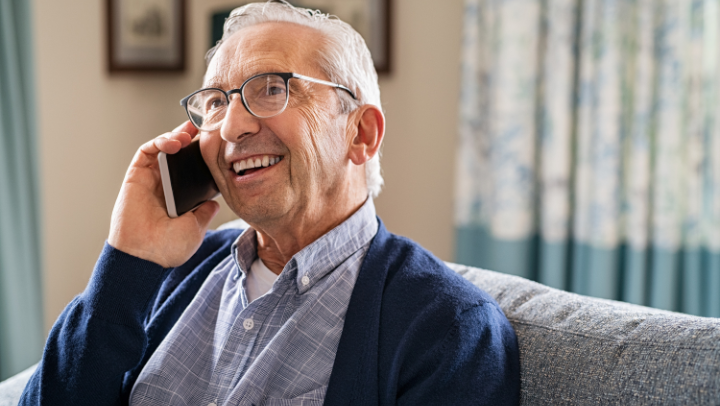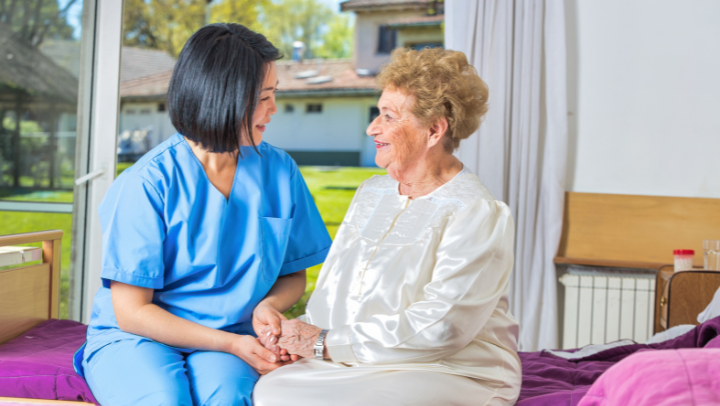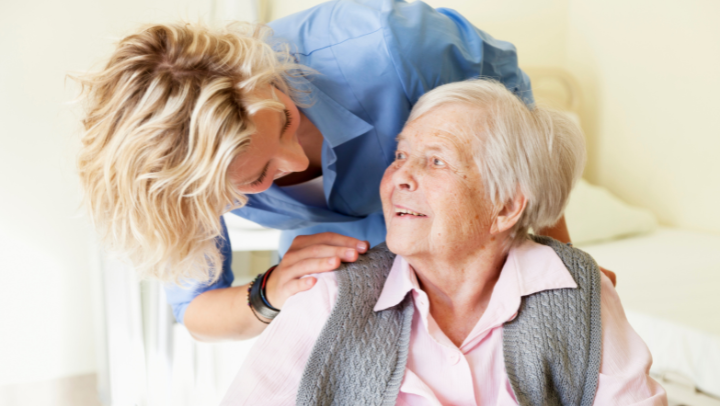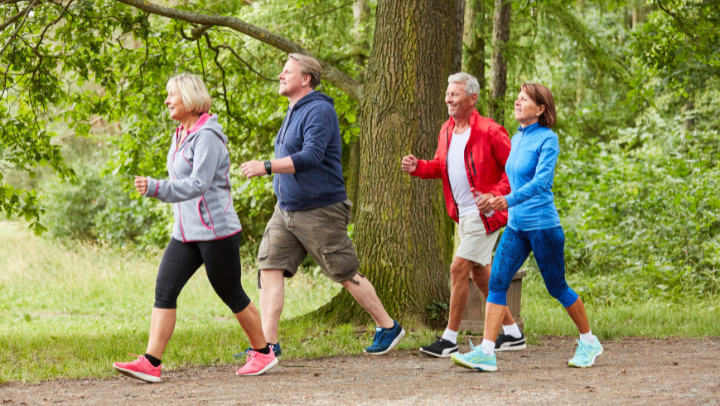
Finding Connection and Overcoming Loneliness: 24/7 Assisted Living in Tacoma Offers Strategies for Residents

Understanding the Impact of Loneliness on Residents in Assisted Living Communities
Loneliness is a pressing concern for many older adults, particularly those living in assisted living communities. As we age, our social circles often shrink, and losing close connections can significantly affect our emotional and physical well-being. Residents in assisted living may face increased feelings of isolation, depression, and a diminished sense of purpose, all of which can negatively impact their overall quality of life.
Recognizing the profound impact of loneliness is the first step in addressing this challenge. Loneliness has been linked to a variety of health issues, including an increased risk of cognitive decline, cardiovascular disease, and even premature mortality. By understanding the gravity of this problem, we can work to create more supportive and connected environments for older adults in assisted living communities.
The Importance of Finding Connection in Assisted Living in Tacoma
In the bustling city of Tacoma, 24/7 assisted living communities play a vital role in providing residents with the care, support, and social engagement they need to thrive. These communities recognize that fostering a sense of connection is as important as meeting their residents’ physical needs. By prioritizing social interaction, assisted living in Tacoma helps residents combat loneliness and cultivate meaningful relationships.
The Benefits of Assisted Living in Tacoma for Combating Loneliness
Assisted living communities in Tacoma offer a range of benefits that can help residents overcome feelings of loneliness. These include:
- Opportunities for social engagement: Assisted living communities often host a variety of social activities, from group outings and fitness classes to game nights and cultural events. These events allow residents to connect with their peers, forge new friendships, and engage in stimulating activities.
- Access to support services: Assisted living communities in Tacoma offer a range of support services, such as transportation assistance, meal preparation, and healthcare management. These services allow residents to focus on their social and emotional well-being by taking care of daily tasks.
- Dedicated staff support: Tacoma assisted living staff are trained to recognize the signs of loneliness and proactively engage residents in social activities. They work to create a warm, welcoming atmosphere and to foster a sense of community among residents.
- Proximity to family and friends: Many assisted living communities in Tacoma are located close to the homes of residents’ loved ones, making it easier for family and friends to visit and maintain strong connections.
Strategies and Activities to Overcome Loneliness in Assisted Living Communities
Assisted living communities in Tacoma employ various strategies and activities to help residents overcome loneliness and cultivate meaningful connections. These include:
- Resident-led clubs and interest groups: Residents are encouraged to form their own clubs and interest groups, such as book clubs, gardening groups, or hobby-based gatherings. These activities allow residents to bond over shared interests and passions.
- Volunteer opportunities: Residents are encouraged to volunteer their time and skills, whether it’s through community service projects or by mentoring younger individuals. Volunteering helps residents feel more connected to their community and provides a sense of purpose and fulfillment.
- Technology-enabled connections: Assisted living communities in Tacoma utilize technology, such as video conferencing and social media platforms, to help residents stay connected with loved ones who may live far away. These tools can be precious for residents with mobility challenges or difficulty traveling.
- Personalized support and programming: Assisted living staff work closely with residents to understand their unique needs, interests, and social preferences. They then tailor activities and programming to cater to these individual preferences, ensuring that residents have ample opportunities to engage and connect.
The Role of Staff in Promoting Social Interaction and Connection
The staff at assisted living communities in Tacoma play a crucial role in fostering a sense of community and connection among residents. They are trained to be attentive to their emotional and social needs and work tirelessly to create a warm, welcoming environment.
From organizing group activities and outings to facilitating one-on-one conversations, the staff at assisted living communities in Tacoma are dedicated to helping residents build meaningful relationships and overcome feelings of loneliness. They also serve as a vital link between residents and their loved ones, ensuring that family and friends remain actively involved in their loved ones’ lives.
How Family and Friends Can Support Their Loved Ones in Assisted Living Communities
Family and friends play a vital role in supporting their loved ones in assisted living communities in Tacoma. By actively engaging with their loved ones and participating in the community, they can help combat loneliness and foster a sense of connection.
Some ways that family and friends can support their loved ones in assisted living include:
- Regularly visiting and spending quality time together
- Participating in community events and activities
- Staying in touch through phone calls, video chats, and letters
- Bringing in personal items or photos to help create a more comfortable and familiar environment
- Advocating for their loved one’s needs and ensuring that they are receiving the care and support they require
By working closely with the staff at assisted living communities in Tacoma, family and friends can help to create a supportive and nurturing environment for their loved ones, ultimately enhancing their overall quality of life.
The Role of Technology in Maintaining Connections for Residents in Assisted Living
In the digital age, technology has become invaluable for helping residents in assisted living communities maintain connections with their loved ones. From video conferencing platforms to social media apps, these technological solutions can bridge the physical distance and enable residents to stay in touch with their family and friends.
Technology can help residents stay connected with their communities and the world beyond the assisted living community. By providing access to online resources, educational opportunities, and virtual events, assisted living communities can help residents feel more engaged and less isolated.
The Power of Connection in 24/7 Assisted Living in Tacoma
Assisted living in Tacoma is the recognition that connection and community are essential for the well-being of older adults. These communities foster a sense of belonging and provide residents with the support and resources they need to thrive.
By prioritizing social interaction, offering a range of engaging activities, and cultivating a warm and welcoming environment, 24/7 assisted living communities in Tacoma empower their residents to overcome loneliness and build meaningful relationships. Through the dedicated efforts of staff, the involvement of family and friends, and the integration of technology, these communities are transforming the lives of their residents, one connection at a time.At People’s Senior Living, we understand the importance of connection and community for our residents. Our 24/7 assisted living community in Tacoma is dedicated to creating a warm, welcoming environment where our residents can thrive. Call us today at 253-474-1741 to learn how we can support you or your loved one.







